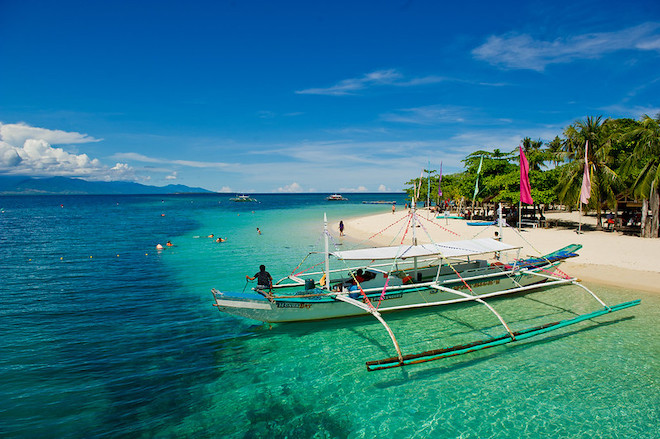
About 80% of all tourism is concentrated in coastal areas, with activities like beach holidays, diving, sports fishing, and cruising, constituting a significant part of the blue economy worldwide and are major sources of employment in most small island developing states.
In an article for OceanPanel.org, Wouter Schalken, senior sustainable tourism specialist at the Asian Development Bank, warned that coastal and marine tourism—and the millions of livelihoods it supports—could vanish permanently in many destinations if climate change and accelerating environmental degradation are not urgently addressed in a resilient manner.
He said the ecosystem that coastal and marine tourism relies on is under threat from over-extraction, environmental degradation, climate change and other sources, including consumer behavior.
To protect coastal and marine resources, Schalken pushed for biodiversity protection, nature-based approaches to climate adaptation, blue investmentsm and greener and more sustainable (coastal and marine) tourism practices.
Such practices can offer cost-effective and longer-lasting solutions for building more resilient ecosystems, communities, and economic activities while at the same time providing additional sources of revenue and employment, he said in the article.
The Ocean Panel, or the High Level Panel for a Sustainable Ocean Economy, is a unique global initiative by serving world leaders that is working to build momentum toward a sustainable ocean economy in which effective protection, sustainable production and equitable prosperity go hand-in-hand.
Read full article on OceanPanel.org.

